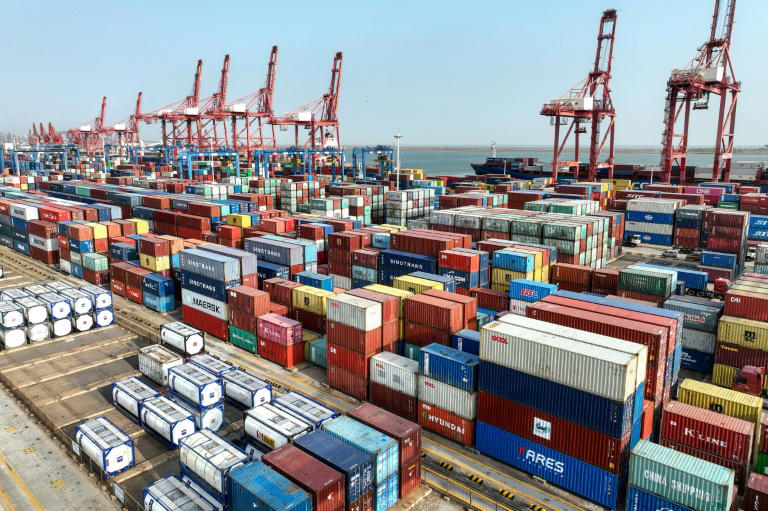Johannesburg: Despite persistent narratives of a sector under siege, South Africa’s agricultural industry continues to demonstrate remarkable resilience, posting record export figures in 2024. While environmental challenges and animal health concerns posed hurdles, the sector’s robust performance paints a picture of enduring strength, driven by strong harvests and sustained global demand.
“For a sector some have portrayed as being under siege, the trade figures for 2024 and the years before may surprise some,” notes Wandile Sihlobo, chief economist at the Agricultural Business Chamber of SA. “South Africa’s agricultural sector remains resilient, with no direct policy threats.”
Indeed, agricultural exports reached a record US$13.7 billion in 2024, a 3% increase from the previous year, according to Trade Map data. This growth, fuelled by both increased export volumes and higher prices for certain commodities, underscores the sector’s ability to navigate challenging conditions.
The sector’s success is particularly notable given the logistical hurdles it faces. While infrastructure efficiency remains a concern, ongoing collaboration between Transnet, private industry, and logistical organizations has ensured a relatively smooth flow of goods, minimizing the impact of potential delays.
South Africa’s agricultural export basket is diverse, encompassing a wide range of products. Citrus, grapes, maize, apples and pears, and wine lead the pack, followed by nuts, fruit juices, sugar, berries, and beef. The African continent remains the primary destination for South African agricultural exports, accounting for 44% of the total value. Maize, maize meal, wheat, sugar, and apples and pears are among the top exports to the region.
Asia and the Middle East collectively represent the second-largest market, absorbing 21% of South Africa’s farm exports. Citrus, nuts, apples and pears, and wool are key exports to this region. The European Union follows closely, accounting for 19% of exports, with citrus, grapes, and wines being prominent commodities.
While concerns persist about South Africa’s participation in the Africa Growth and Opportunity Act (AGOA) with the United States, agricultural exports to the US represent only 4% of the total. “Still, this is not to minimize their value, as few specific industries are primarily involved in these agricultural exports to the US,” Sihlobo notes. “These are mainly citrus, grapes, wine, and fruit juices.”
Despite the strong export performance, South Africa also imports a significant amount of agricultural products, totaling US$7.6 billion in 2024. This includes essential commodities like wheat, palm oil, and rice, which the country cannot produce in sufficient quantities due to climatic limitations.
The resulting trade surplus of US$6.2 billion in 2024, while slightly lower than the previous year, highlights the sector’s overall positive contribution to the national economy.
Looking ahead, South Africa’s export-oriented agricultural sector must remain vigilant in maintaining existing markets and exploring new opportunities. Sihlobo emphasizes the need for continued investment in logistical efficiency, particularly in port and rail infrastructure, as well as the retention of existing markets in the EU, Africa, Asia, and the Americas.
“South Africa’s Department of Trade, Industry and Competition, the Department of International Relations and Cooperation, and the Department of Agriculture should lead the way for export expansion in the current export markets and the search for new export markets,” he states.
Expanding market access to BRICS countries, as well as other strategic markets such as South Korea, Japan, and Vietnam, is crucial for the sector’s continued growth. In an increasingly fragmented world, collaborative efforts between government and organized agriculture are essential to achieve these ambitions.




